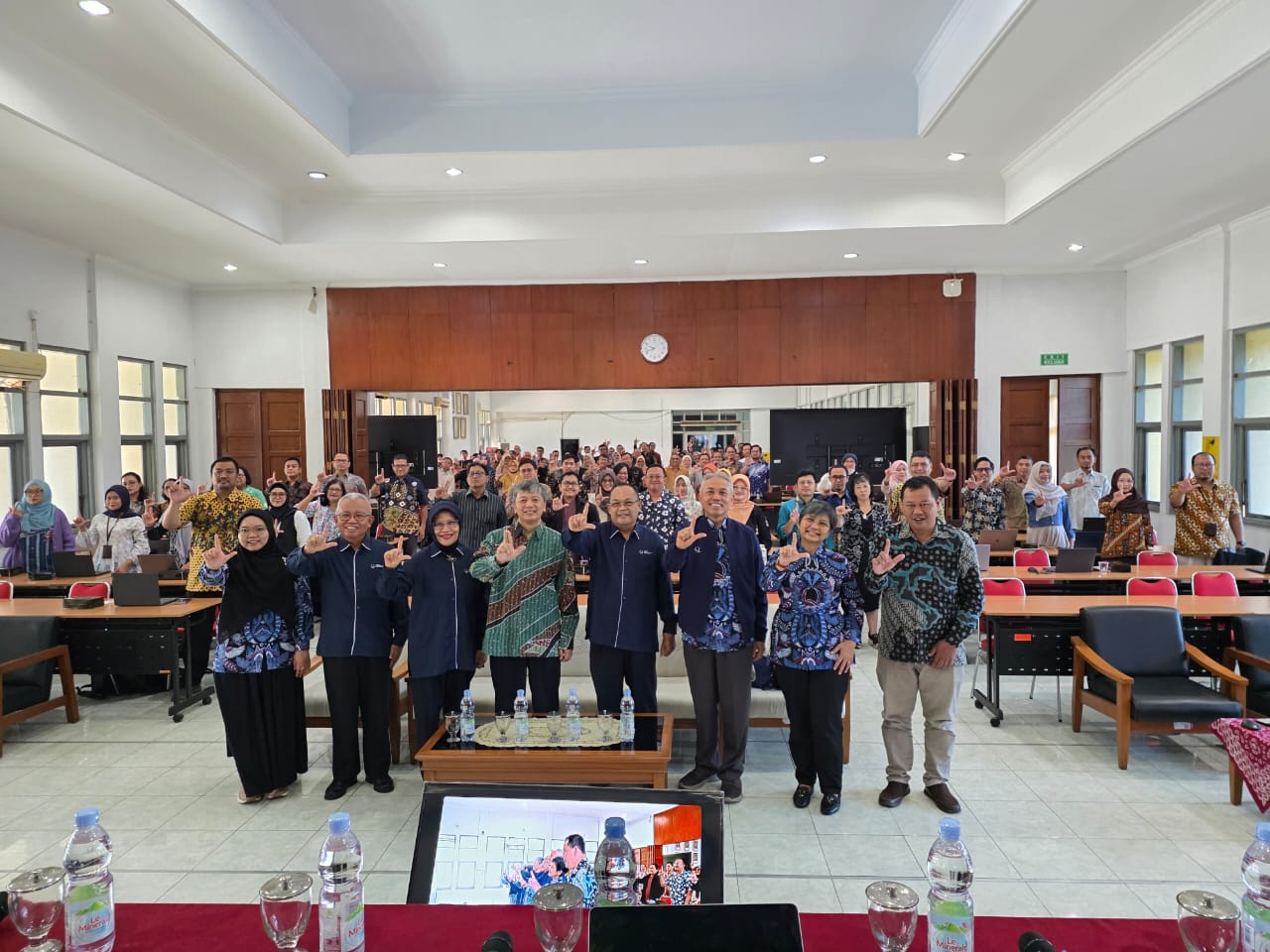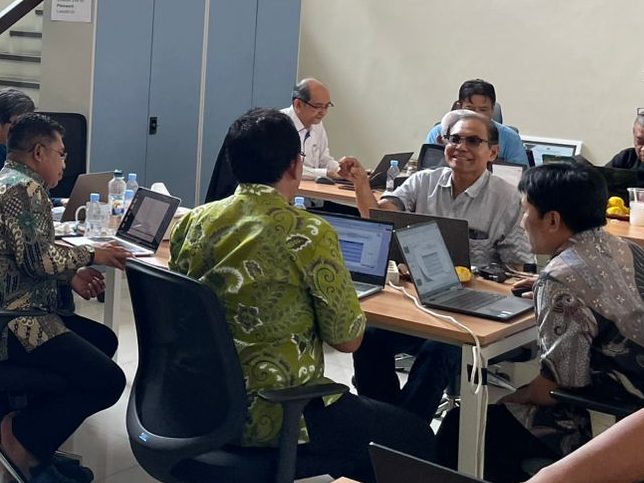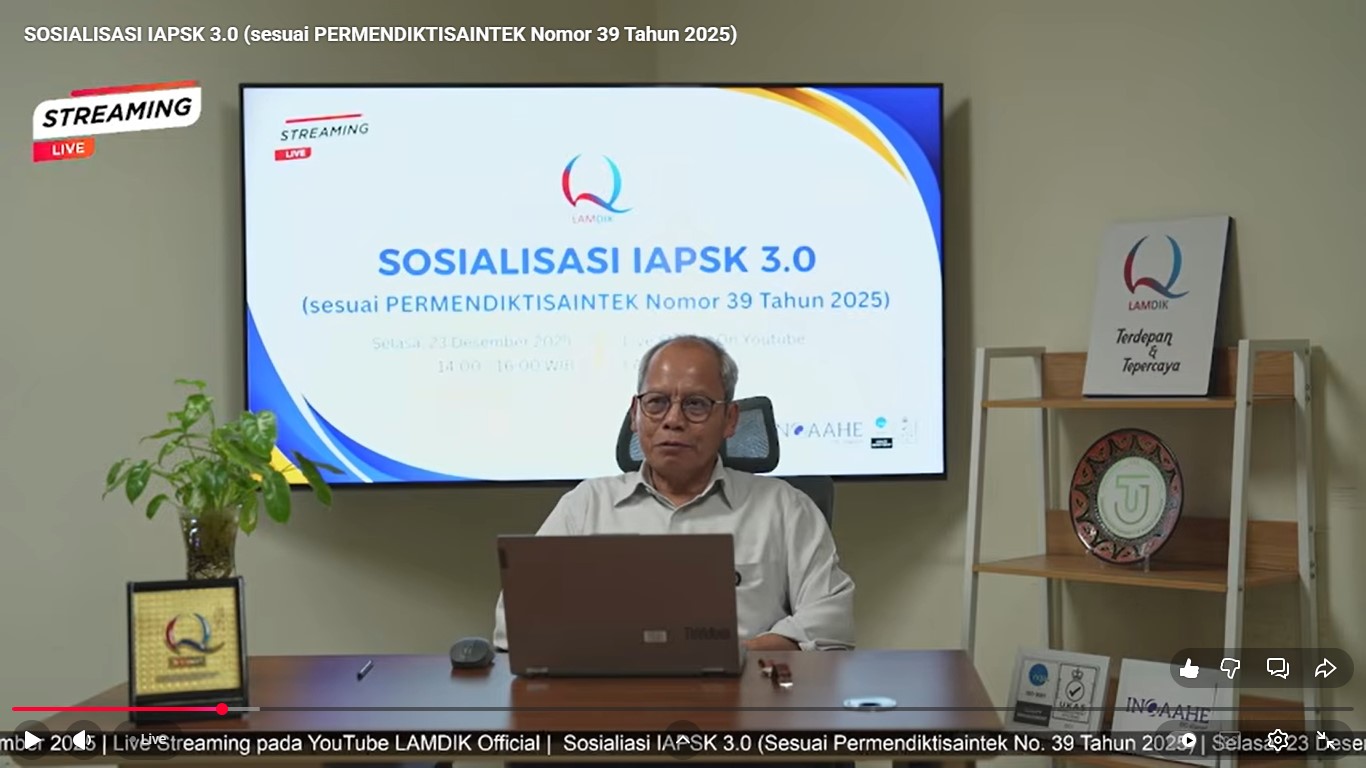The Dual Role of Teachers
It is not an exaggeration to believe that education is a determinant factor in solving social problems in life. However, the question is, what kind of education and how? What can schools do to create social and economic democracy?
The biggest mistake we always make is thinking we are facing new challenges just because we are in a new decade. We must continue the struggle between the forces of democracy and the very hegemonic feudal culture.
In 1932, George Counts published a pamphlet titled Dare the Schools Build a New Social Order?. As an outspoken socialist at the time, Counts challenged American teachers to give their students a vision of a more egalitarian future for America that embraced the principles of social and economic democracy.
He emphasized that “to refuse to undertake the task of creating a vision of a much fairer, nobler, and more beautiful future for America is to avoid the most crucial, difficult, and important educational task.” For Counts, as for Dewey before him, schools had the potential to be a force for peaceful social change in the United States. Education for all would lead to prosperity and a decent life for everyone.
Changing Society
Many of us hope that difficult social and economic problems, like those we face now, can be solved without conflict or violence. Therefore, the new generation of liberated individuals that we must train is the source of hope. They will create a new order without friction in the system.
Children grow up in the context of class, race, economy, and gender, and this context will have a significant influence on how they act and what they will do. Therefore, the role of schools and education is crucial.
I do not believe that a new social order can be built solely through schools. I believe that schools will be an essential part built through the collaborative efforts of all of us—teachers, students, miners, factory workers, professionals—everyone who believes in the social and moral imperative of fighting for a better future.
Therefore, I think the crucial question is not whether schools have the power to change society, but what small powers we can use to work together to change society? And, if we begin to change society, what is our role as teachers in building a better future?
The important thing to remember is that we are not just teachers; we are citizens, and therefore we are not immune from the responsibilities that come with being members of a democratic society. We must act as responsible citizens and then face our additional roles as teachers.
At present, I believe schools must become a ‘substitute family,’ and what’s interesting is that in a ‘market-oriented’ climate, schools, and implicitly the state as the manager of schools, are being forced to take a more active role in the realm of welfare and morality.
We can see the interdependence between education, democracy, and development, which has implications for school autonomy and raises new questions about how universal and relative values are considered in the curriculum. This holds particular significance in developing countries like Indonesia, which is struggling between global economics and maintaining its own cultural identity.
The Important Role of Teachers
Schools must create a vision of the future, and teachers must be able to ‘design’ their students clearly. This perspective implicitly argues that the quality of teachers cannot be compromised. Therefore, we place great hope in the ‘driving teachers’ policy initiated by the Ministry of Education and Culture. If this policy is implemented effectively, it will significantly help improve the professionalism of teachers.
On the other hand, teachers are citizens, so there is a social and political duty. Teachers have a moral responsibility and must take a stand on social issues that occur in society. Teachers must have the ambition to build civilization, and they even have the privilege and responsibility as citizens. Therefore, teachers or education cannot be absent from the social problems faced by society.
One of the goals of education is to enable people to think critically about a problem, weigh factual information, and make the right decisions about the issues they face and the community they live in. This means that teachers, as educated members of the community, are required to have high intellectual and social sensitivity.
It is essential to translate the responsibility of citizenship into one’s work in the classroom and the community. Therefore, the curriculum and learning must be contextual, meaning there should be no gap between social issues and everyday life.
Additionally, teachers have an obligation to expose students to the evolution of democratic development to enlighten them about the nation-state. Teachers must also be active in realizing social and economic democracy and eliminating feudalism, as feudalism is the main obstacle to achieving modern education and society.
Returning to the initial question, what kind of education and how? Democratic education, which has the capability and ability to realize a more just, equitable, and rational vision of the future with excellent teachers. Excellent not only in terms of intellect; on the one hand, they must have the imagination to educate students to face future life, and on the other, they must have integrity, being sensitive to the social developments taking place.
Indeed, we need to collaborate to fulfill this heavy task. However, to what extent can education drive and become the determination of all these aspirations?
Mustofa, Executive of LAMDIK




